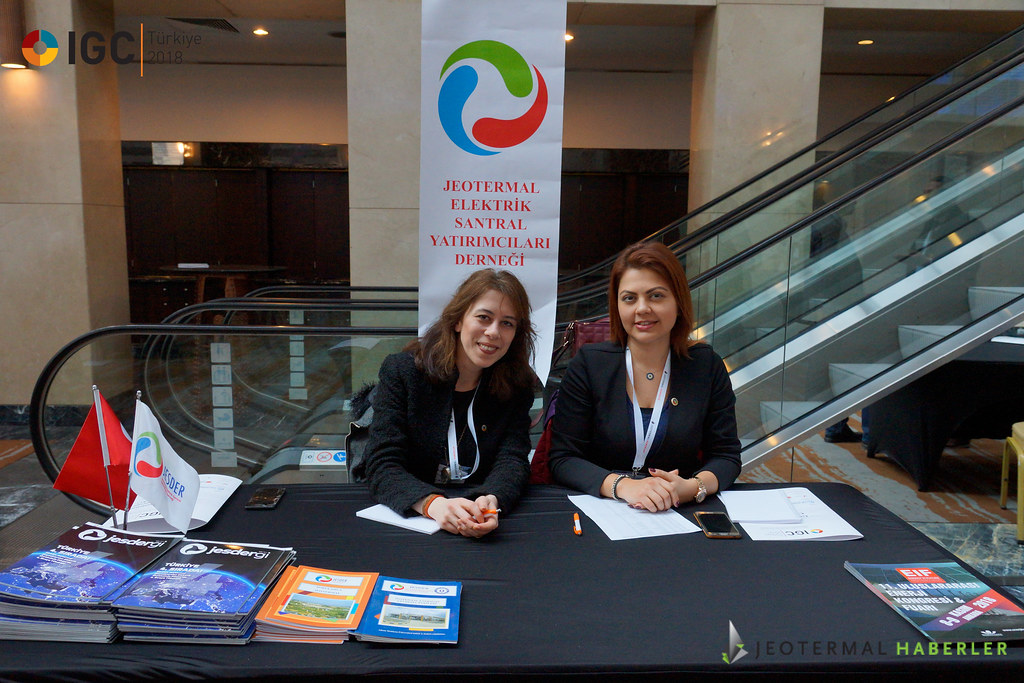Context:
The World Energy Council, in collaboration with the Netherlands Ministry of Economic Affairs and Climate Policy, co-hosted the 26th World Energy Congress in Rotterdam, Netherlands.
More on news
- This edition celebrates 100 years since the Council’s formation.
- India actively showcased its innovative technologies and commitment to environmental leadership through the India Pavilion.
- The pavilion was jointly inaugurated by the Ministry of Power, and the Ambassador of India to the Netherlands.
- The theme of the congress is ‘Redesigning Energy for People and Planet’.
- The World Energy Congress is the world’s longest-established energy event, having shaped the global energy agenda for a century.
Significance of the Congress
- The event aimed to explore the role of connected energy societies in fostering global energy transitions.
- This focus on collaboration across different energy sectors and stakeholders aligns with the growing need for coordinated international efforts to achieve clean energy goals.
- The Congress positioned itself as a critical turning point for leadership in clean and inclusive energy transitions.
- This emphasizes the urgency for strong leadership and collective action to address the energy challenges facing the world.
- With over 7,000 international stakeholders, including high-level government officials and industry leaders, the Congress provided a unique platform for knowledge sharing and collaborative solutions.
- This highlights the event’s role in bringing together diverse voices to shape the future of energy.
The World energy council (WEC)
The World Energy Council (WEC) is a prominent international organization playing a crucial role in shaping the global energy landscape.
- Established in 1923, the WEC boasts a rich history, making it the premier global energy body.
- Focus on Impartiality and Collaboration: It functions as the principal independent network for energy leaders and practitioners, fostering collaboration across various stakeholders.
- Promoting Sustainable Energy Solutions: The WEC actively advocates for an affordable, stable, and environmentally sensitive energy system, prioritizing sustainability and accessibility.
- Broad Representation: With over 3,000 member organizations in over 90 countries, the WEC represents the entire energy spectrum, encompassing governments, private entities, academia, and NGOs.
- India’s Early Involvement: India’s membership since the WEC’s inception in 1924 highlights its longstanding commitment to international energy cooperation.
Challenges:
- Balancing Clean Energy with Affordability: Integrating renewable energy sources into the grid while maintaining affordability for developing nations and low-income communities remains a significant hurdle.
- Geopolitical Tensions and Energy Security: Geopolitical instability can disrupt energy supplies and threaten energy security.
- Accelerating Clean Energy Innovation: Technological advancements are crucial for a faster and more efficient clean energy transition.
Potential Solutions:
- Sharing best practices for cost-effective renewable energy deployment and energy efficiency measures.
- Exploring innovative financing mechanisms to support clean energy access in developing countries.
- Fostering dialogue and cooperation between governments and energy companies to diversify energy sources and supply chains.
- Exploring strategies for building a more resilient global energy system that is less vulnerable to geopolitical disruptions.
- Showcasing cutting-edge clean energy technologies and fostering collaboration between researchers and industry leaders.
- Identifying opportunities for increased international investment in clean energy research and development.

